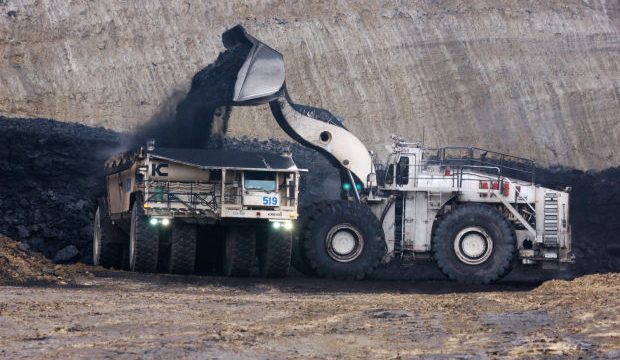Kreutzer Column: North Dakota Isn't Immune To The War On Coal

The effect of new Environmental Protection Agency (EPA) rules and those expected next year could end coal-fired power over the next 30 years. Despite its recent oil boom, North Dakota will feel the effects of these misguided policies.
While the coal industry will be directly affected by the EPA’s proposal, the resulting higher energy costs, especially for electricity and natural gas, will ensure the damage spreads to other industries as well. The economic pain will spread across the country.
The latest EPA rule would effectively ban the construction of new coal-fired power plants by making them too costly to run. In addition, next year the EPA will be issuing rules governing existing coal-fired power plants.
In recent research, The Heritage Foundation found that in 10 years, employment would fall by 600,000 jobs as a result of higher energy costs. Manufacturing could lose up to 270,000 jobs, and the overall gross domestic product would decrease by $2.23 trillion.
Many analysts, including those at the Department of Energy, expect natural gas to replace a significant portion of coal-fired electric power over the next several decades even without the new rules. This natural shuttering of coal plants is built into the baseline of Heritage’s analysis. The employment changes shown above are due to the war on coal, which would close cost-competitive coal plants.
Breaking down the economic impact at the state level shows that much of the country would suffer, and America’s manufacturing base would take a huge hit. North Dakota ranks as the 19th hardest hit state by jobs lost per 100,000 people employed.
By 2024, North Dakota would have lost about 1,700 jobs solely from the planned EPA rules. That means in 2024, there would be about 380 fewer jobs for every 100,000 people employed than without the anti-coal agenda.
In those first 10 years, the manufacturing industry would suffer more than the coal mining industry. Manufacturing would decrease by 520, exceeding the effects of the war on coal on the coal mining industry, which drops by about 450 jobs.
The Administration’s war on coal will inflict economic casualties in virtually every segment of our society. Congress should act to prevent federal agencies from unilaterally regulating greenhouse gas emissions, especially regulations that create unachievable mandates for non-toxic, colorless, odorless carbon dioxide.




